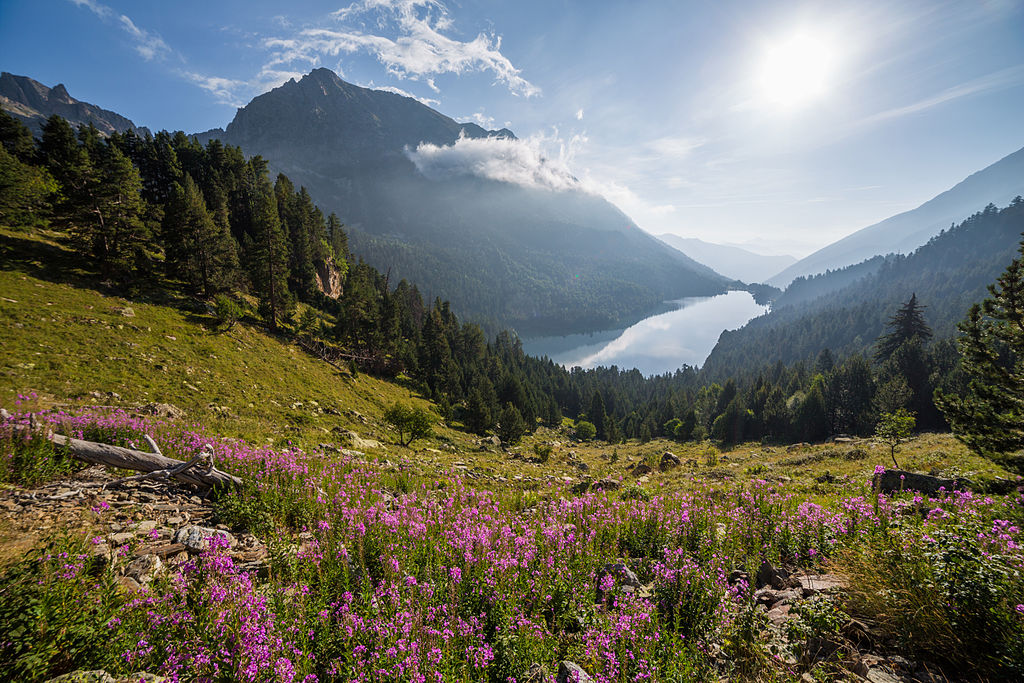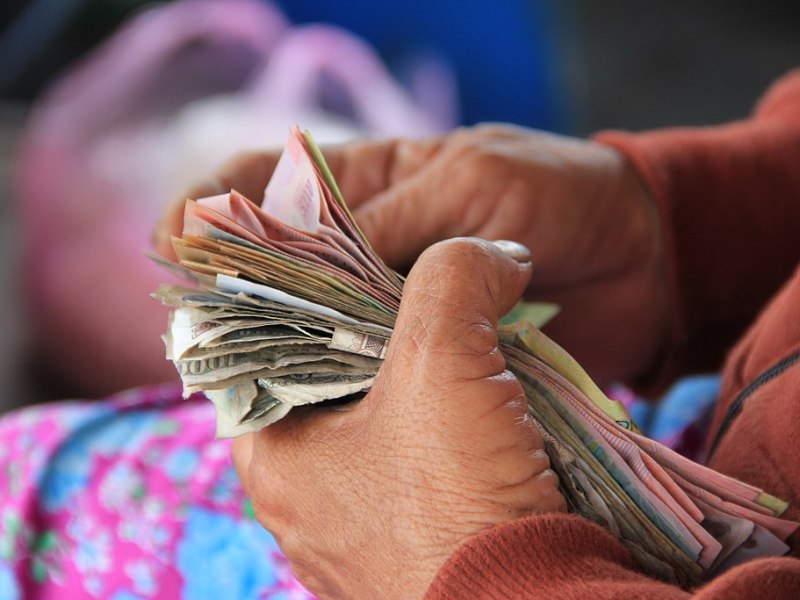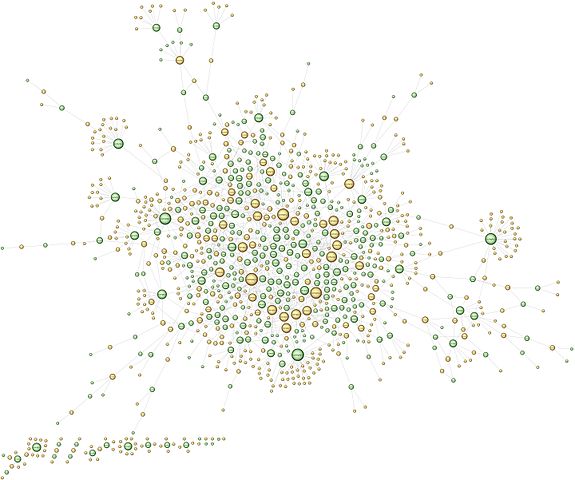Yesterday, we were disappointed to learn that The North Face, an outdoor recreation product company, and Leo Burnett Tailor Made, an ad agency retained by The North Face, unethically manipulated Wikipedia. They have risked your trust in our mission for a short-lived marketing stunt.
In a video about the campaign, Leo Burnett and The North Face boasted that they “did what no one has done before … we switched the Wikipedia photos for ours” and “[paid] absolutely nothing just by collaborating with Wikipedia.”
The video was later published by AdAge, which said that the agency’s “biggest obstacle” was in manipulating the site “without attracting attention [from] Wikipedia moderators.”
Wikipedia and the Wikimedia Foundation did not collaborate on this stunt, as The North Face falsely claims. In fact, what they did was akin to defacing public property, which is a surprising direction from The North Face. Their stated mission, “unchanged since 1966,” is to “support the preservation of the outdoors”—a public good held in trust for all of us.
As the nonprofit that operates Wikipedia, the Wikimedia Foundation’s vision is a world in which every single human being can freely share in the sum of all knowledge. We also work for the preservation of a public good.
For more than 18 years, Wikipedia volunteers have been writing, perfecting, sourcing, and referencing more than 50 million articles that anyone can access for free on the internet. Every day they fight to protect what you read from bias and misinformation—that is how they have earned your trust.
When The North Face exploits the trust you have in Wikipedia to sell you more clothes, you should be angry. Adding content that is solely for commercial promotion goes directly against the policies, purpose and mission of Wikipedia to provide neutral, fact-based knowledge to the world.
Following the stunt, volunteers removed The North Face’s images (or cropped out the company’s logo) from all of the Wikipedia articles they were added to, and are actively discussing and evaluating the affected articles to ensure they meet Wikipedia’s standards of neutrality and reliable sourcing. We invite companies to learn the established best practices of properly engaging on Wikipedia and support the public good.
Editor’s note: The image at the top of this post features Aigüestortes i Estany de Sant Maurici National Park in Catalonia, Spain, and was taken by David Iliff, a volunteer Wikimedia editor. It was removed from Wikipedia by The North Face last month as part of its marketing stunt.



